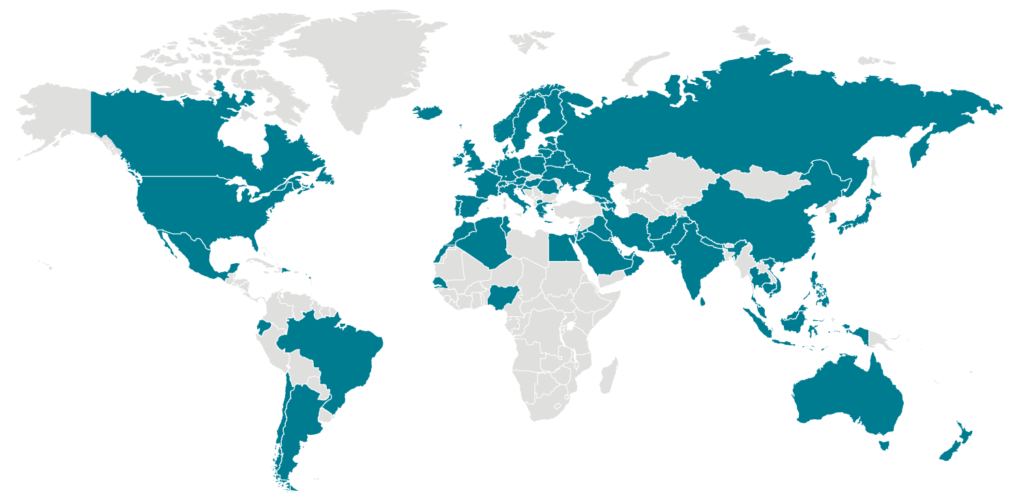
The coronavirus has taken the world and the United States by storm. According to the Centers for Disease Control and Prevention (CDC),
On January 30, 2020, the International Health Regulations Emergency Committee of the World Health Organization declared the outbreak a “public health emergency of international concern” (PHEIC). On January 31, 2020, Health and Human Services Secretary Alex M. Azar II declared a public health emergency (PHE) for the United States to aid the nation’s healthcare community in responding to COVID-19.
How do I know information about the coronavirus is spreading like wildfire? Because the global media won’t stop talking about it. Have you been to your local grocery store lately and looked for cleaning supplies? You will probably find a barren shelf. Why? Because people everywhere are freaking out about the possible implications the coronavirus could have on their own life.
Is there cause for concern? The CDC says,
More cases of COVID-19 are likely to be identified in the coming days, including more cases in the United States. It’s also likely that person-to-person spread will continue to occur, including in communities in the United States. It’s likely that at some point, widespread transmission of COVID-19 in the United States will occur.
Widespread transmission of COVID-19 would translate into large numbers of people needing medical care at the same time. Schools, childcare centers, workplaces, and other places for mass gatherings may experience more absenteeism. Public health and healthcare systems may become overloaded, with elevated rates of hospitalizations and deaths. Other critical infrastructure, such as law enforcement, emergency medical services, and transportation industry may also be affected. Health care providers and hospitals may be overwhelmed. At this time, there is no vaccine to protect against COVID-19 and no medications approved to treat it. Nonpharmaceutical interventions would be the most important response strategy.
It is up to you to decide if you believe what the CDC is saying is true or not. I have no intention to persuade you one or way or the other on this matter. What I do hope to persuade you to believe in, however, is in the contagious spread of the gospel. Before Jesus ascends into heaven, he tells his disciples, “But you will receive power when the Holy Spirit has come upon you, and you will be my witnesses in Jerusalem and in all Judea and Samaria, and to the end of the earth” (Acts 1:8).
The epicenter of the coronavirus outbreak is Wuhan, Hubei Province, China. One month has passed since the World Health Organization made a public declaration about the virus outbreak. Since then, not only has the virus spread from person to person, but news of the virus can be heard from huts in Africa to villages in the Middle East to cities in the mainland. Thankfully, for those of us who live in the United States, the CDC reports: This virus is NOT currently spreading widely in the United States.
The news may not be so bright for the rest of the world. The CDC reports: However, it is important to note that current global circumstances suggest it is likely that this virus will cause a pandemic.
That is both bad news for the United States and for the world.
But, if bad news can spread this rapidly around the world, can’t good news? Jesus not only said it could, he said it would! If you know Jesus, you are a witness. You are able to share with everyone everywhere everyday the good news of the gospel of Jesus Christ:
- This world is beautiful (Creation)
- But the world is not what it is supposed to be (Fall)
- There is savior who can save you from your sin (Rescue)
- And one day, this world will be what is supposed to be (Restoration)
If bad news can spread around the world in less than a month, shouldn’t good news spread even faster? It must because the eternal consequences of not repenting of one’s sin and trusting in Jesus is far worse than any temporal effects that could come from suffering attached with the coronavirus.